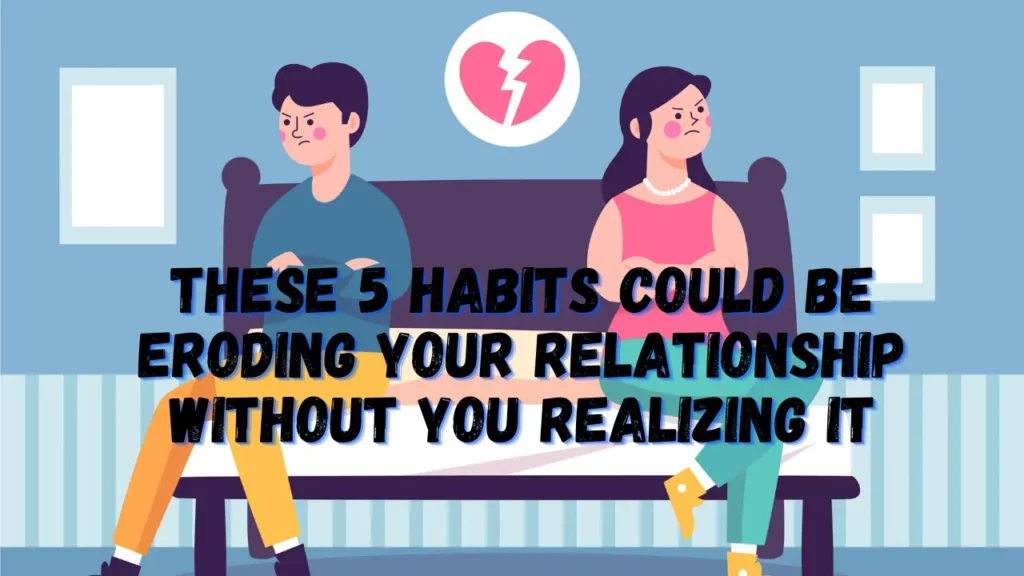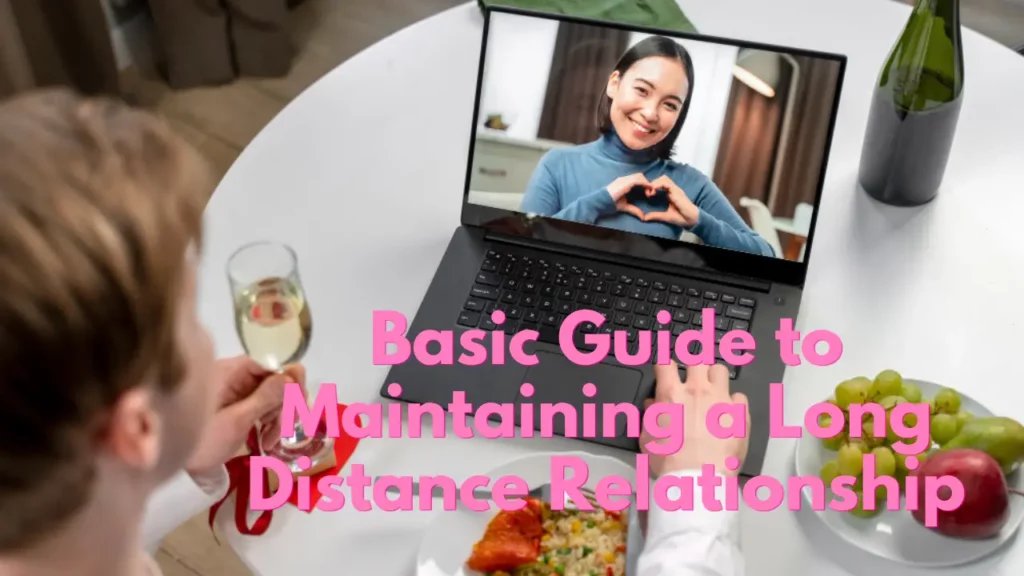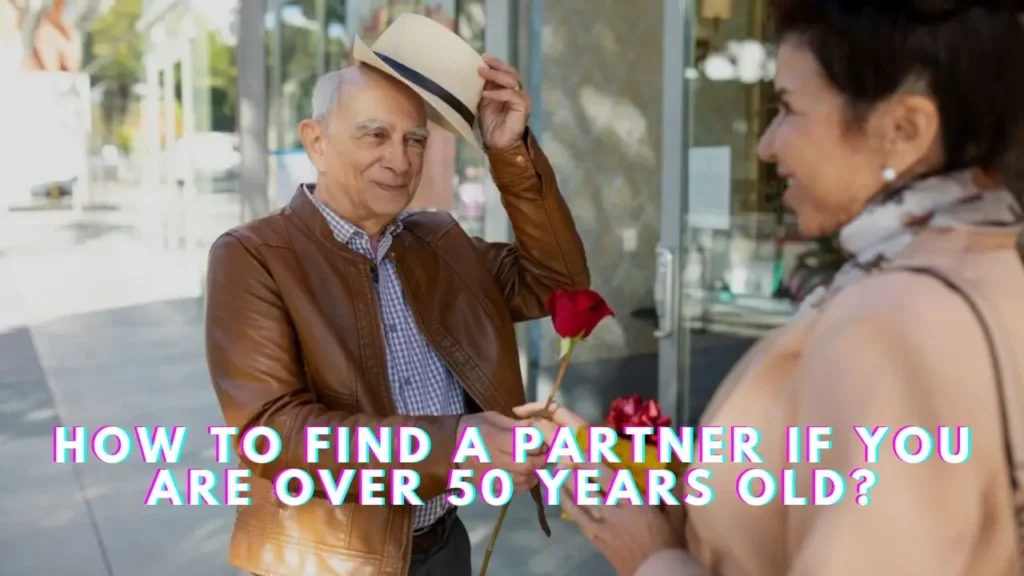As social animals that we are, personal relationships are one of the most important elements in people’s lives. It is not just about networks of alliances that offer support and help at key moments. In addition, they help us to get to know ourselves, and, of course, they show us the possibility of loving and emotionally connecting with people who are important to us, one of the most enriching experiences.
It would be a mistake to assume that affective relationships will always be there regardless of what happens or what we do. Sometimes, they deteriorate to practically breaking, but the good news is that this often has a solution: family and couples therapy are examples of this.
5 Psychological Ways to Repair Broken Relationships
These are the main pillars on which any strategy to restore a broken or damaged affective relationship must be built.
1. You have to know when to raise the dialogue to Re-Connect

Trying to talk to the other person and clarify things as soon as possible is only sometimes positive. In this regard, we must consider that the other person is not a robot and their emotional state and how this influences their willingness to communicate.
It is important to keep in mind that the moment of reconciling requires involvement on the part of both, and you cannot expect the other person to be receptive to this possibility at any time. For example, right after a big argument, it usually feels rushed if the other person is even more angry than we are. You have to choose a time and a place where you have privacy, time that can be dedicated to talking, and an emotional disposition that makes it possible to talk, not simply exchange words.
Of course, we must also consider the thoughts that lead us not to dare to talk about what happened and expose ourselves to criticism and options for change in how we relate to others. The reasons for leaving that conversation for later must be reasonable and meet objective criteria.
2. Reconciliation cannot be achieved without first listening
Many people willing to reconcile with someone important to them are eager to express their opinions and points of view about what has happened and damaged the relationship. However, this approach often backfires because it is too one-sided, and what should be sought is a mutual encounter.
For this reason, when taking the first steps to “make peace” and start a new phase of the relationship, it must be done by showing from minute one a genuine interest in listening to the other person and accepting that perhaps it is more important than she speaks, depending on what she expresses and the context in which that conversation takes place.
3. Personal insecurities are worked on separately
Often, the emotional ties that unite two people are damaged by the fears and insecurities of one, who project their fears onto the other when interpreting what they do. This is clearly seen in the case of excessive jealousy: the belief that one is not valuable enough to deserve the fidelity of the person one loves leads one to assume that there is a good chance that he will leave us and go with someone else. , and that generates anxiety and an attitude of hypervigilance that deteriorates the relationship.
In these cases, it is important to know that you have to start by learning to value yourself, and this is something in which the other person can participate, but we cannot depend on their involvement because this dependence would feed those insecurities. Self-esteem is something that cannot depend on another person.
4. Criticism is necessary
Criticizing is not bad in itself as long as it is constructive criticism. They are necessary to correct behavioral patterns that have damaged the relationship we want to repair. Of course, it is important to establish a pact that involves both of you: criticism is directed towards behaviors, not towards the identity or essence of the person. In this way, the conversation focuses on modifying a certain behavior.
5. Damage must be repaired
Sometimes, repairing the damage done fully won’t be possible, but trying to approximate that idea of retribution is always important. This involves demonstrating commitment so that things in the relationship change qualitatively and the emotional bond moves to a better stage than the previous one. Actions matter more than words when apologizing and correcting a behavior.




